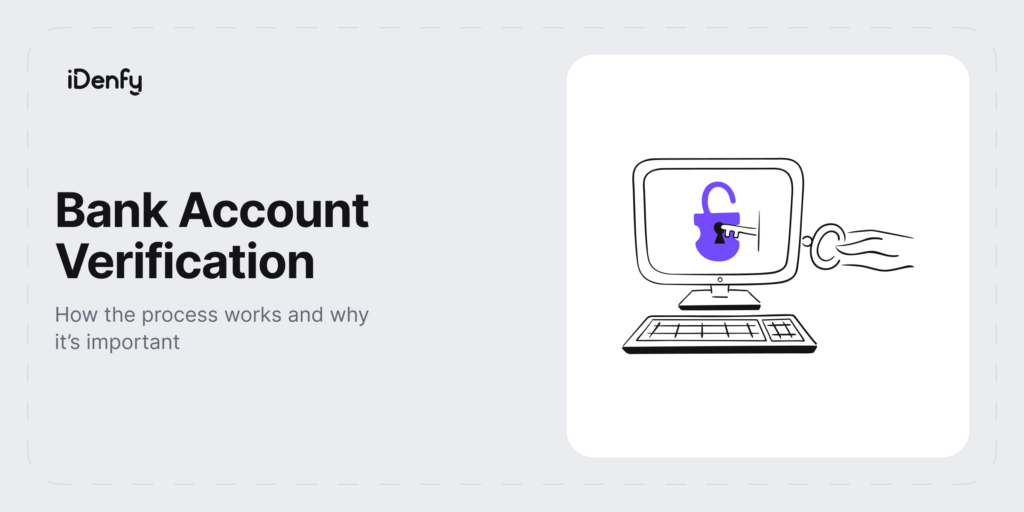Over the last few years, the crypto market has come a long way. Every day, we see a new crypto project being covered by crypto news blogs and websites. In this blog post, we are going to explain cryptocurrency in detail. So, read on to learn more.
The Meaning of Cryptocurrency
Cryptocurrency or digital currency is an internet-based digital asset designed to serve as a medium of exchange that employs a special cryptography technology to conduct digital financial transactions, control the creation of new units, and validate the transfer of digital assets.
It’s the blockchain technology that provides cryptocurrencies with the highest level of decentralization, immutability, and transparency. One can earn from digital currencies by buying, skating, and mining cryptocurrencies. The unique feature of cryptocurrencies is that they’re not controlled or manipulated by any central bank authority.
Users remain fully anonymous while performing crypto trades and transactions. Bitcoin, established in 2009, stands as the initial crypto asset and continues to be the most popular digital currency today. The primary attraction to crypto often involves trading for financial gain, with speculators occasionally pushing prices to considerable heights.
Types of Cryptocurrencies

There are more than 23,000 cryptocurrencies in the market, according to CoinMarketCap, with each falling within one of the following categories:
Currently, more than 17.6 million Bitcoin tokens are circulating in the market, with a limit of 21 million. Although there were thousands of different cryptocurrencies worldwide, their number has decreased since early 2022.
Alternative Cryptocurrency Coins (Altcoins) refer to any coins that aren’t Bitcoin, for instance, Litecoin, Namecoin, Peercoin, Dogecoin, and Auroracoin. Altcoins are actually ‘’alternatives to Bitcoin.’’ Created in 2011, Namecoin is recognized as the first cryptocurrency falling under the ‘’Altcoin’’ category.
Unlike altcoins, crypto tokens are created and made available to the public through an Initial Coin Offering (ICO), something like a stock offering. They can be categorized as security tokens (to secure your account), value tokens (Bitcoins), or utility tokens (designed for specific uses).
Crypto tokens aren’t money themselves; they represent value and describe a function. Created in 2009, Bitcoin is the world’s most popular and largest cryptocurrency, developed by a mysterious individual using the pseudonym ‘’Satoshi Nakamoto.’’ It can be used to sell or buy things from people or retailers accepting Bitcoin as payment.
Cryptocurrency Examples
Most famous crypto brands include:
- Bitcoin is the first and most traded cryptocurrency created by the mentioned mysterious Satoshi Nakamoto. The inherent halving mechanism in Bitcoin’s code guarantees that the creation of new Bitcoins will stop when the predetermined limit is reached.
- Litecoin focuses on swift innovation for faster payments and increased transaction capacity.
- Ethereum, established in 2015, is a blockchain platform with its cryptocurrency, Ether (ETH), second only to Bitcoin in popularity.
- Ripple, launched in 2012, is a distributed ledger system not limited to cryptocurrencies, with apps in various transaction types and collaborations with financial institutions.
Fraud detection and prevention service from market leaders. Schedule a free demo here.
How Does Cryptocurrency Work?
Cryptocurrency is a decentralized, encrypted digital currency transferred between different peers and validated in a digital public ledger called ‘’crypto mining.’’ When someone initiates a crypto transaction, it’s broadcasted to a P2P network comprising a collection of nodes, which confirms the transaction and user’s information using proven algorithms (verified transactions can have cryptocurrency, records, contracts, or other important information).
Once verified, the crypto transaction is combined with other transactions to form a new unit of data for the ledger. The new group is then recorded into the existing blockchain in a way that is unalterable and permanent. That’s how a transaction is completed.
Owning cryptocurrency doesn’t involve possession of anything physical. Instead, you possess a key that enables the transfer of a record or unit of measure from one person to another without the need for a trusted third party.
After acquiring cryptocurrency, users must secure it from hacks or theft by storing it in crypto wallets. These can be physical devices or online software designed to securely hold the private keys to your cryptocurrencies. While some exchanges offer wallet services for convenient storage directly on their platforms, not all exchanges or brokers automatically provide this service for you.
How Does Crypto Trading With an Exchange Work?

Crypto users either transfer their digital currency to their account on a crypto exchange or use the exchange to buy cryptocurrency using fiat currency. Not all crypto exchanges support buying cryptocurrencies with fiat currency.
Users typically have two options to choose from when buying crypto:
- Through traditional brokers that operate online and facilitate the buying and selling of cryptocurrencies, along with other financial assets like stocks and bonds. While they often have lower trading costs, they may offer fewer cryptocurrency features.
- Using crypto exchanges that provide various options with different cryptocurrencies, wallet storage, and interest-bearing accounts. Many exchanges charge fees based on assets.
The exchange platform holds onto the digital currency, and users watch and analyze the prices of other digital currencies available. Users place their sell or buy orders once they’ve spotted the right trading opportunity. The exchange then finds a buyer or seller to match your trade, completing the transaction.
Why Do People Prefer Using Crypto Platforms with Identity Verification?

Mostly, crypto exchanges and online platforms work with the third party to identify verification firms to reduce fraud, meet regulations, and improve user onboarding.
The identity verification process involves using the public and private databases to make sure there’s a real individual behind a financial transaction or an account. So the crypto platforms with an efficient ID verification process are considered the best and safe choice among crypto users and traders.
iDenfy provides a wide range of advanced identity verification solutions such as face recognition, liveness detection, identity document check, and more.
If you’re looking for a reliable partner for any of these services, contact us.
This blog post was updated on the 1st of March, 2024, to reflect the latest insights.




